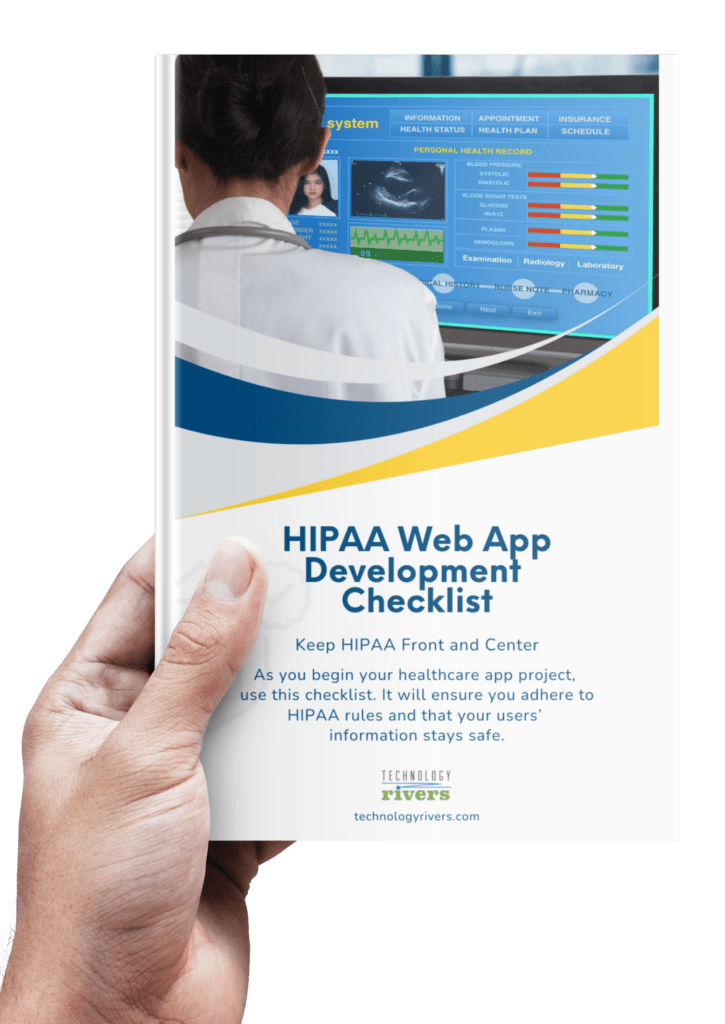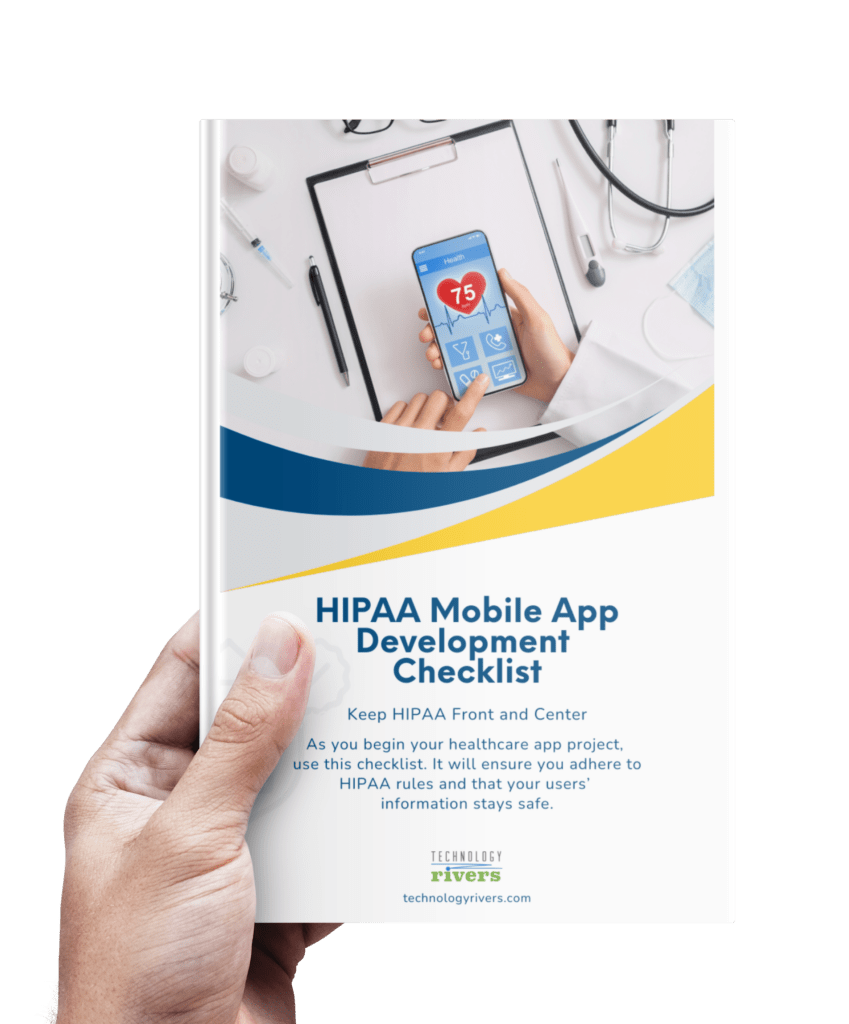Low-code and no-code app development are two of the most popular approaches to creating applications. Gartner anticipated a 23% rise in low-code or no-code app development, projecting a market value of $13.8 billion by 2021. Meanwhile, Forbes predicted that the market for these solutions would reach $21.2 billion by 2022.
Given the significant growth in demand and adoption, it’s worth exploring what low-code and no-code are and how they function.
What is No-Code or Low-Code Development?
Low-code development is a visual, drag-and-drop approach to software development that enables developers to create complex applications with a minimal amount of coding.
Low-code platforms provide pre-built components, templates, and visual tools that allow developers to build applications by simply assembling and configuring these components, rather than writing code from scratch.
No-code development, on the other hand, is a software development approach that allows users to build applications without writing any code. No-code platforms are designed to be used by non-technical users, making it possible for anyone, regardless of their coding expertise, to build applications.
No-code platforms typically generate the underlying code automatically, freeing users from writing code and allowing them to focus on designing and customizing the application’s functionality and user interface.
This makes no-code development a fast and efficient way to build applications and can be a cost-effective alternative to traditional software development methods, as it eliminates the need for hiring developers.
However, sometimes the drag-and-drop feature isn’t enough. So it’s important to keep in mind that no-code platforms have limitations in terms of functionality and customization, and may not be suitable for all applications or organizations.

Advantages of No-Code or Low-Code Development
Some of the key benefits of no-code platforms include:
- Speed: No-code platforms allow you to launch your application much faster. You can build an MVP (minimum viable product) in a matter of days, which can be a game-changer for businesses that are looking to validate their idea or test the market.
- Improved Accessibility: Low-code and no-code platforms make it possible for non-technical users to build applications, expanding the pool of potential developers and making it easier for organizations to build applications that meet their specific needs.
- Reduced Development Cost: The kinds of platforms are often much less expensive, making it a more accessible option for small and medium-sized businesses.
- Ease of Use: These platforms are designed to be user-friendly and require zero or little coding experience, making it easier for non-technical users to develop and launch their own applications.
Disadvantages of No-Code or Low-Code Development
While no-code and low-code development platforms offer many benefits, such as faster development times and increased accessibility to non-technical users, there are also some disadvantages to consider:
- Limited Functionality: Some no-code and low-code platforms have limitations in terms of what they can do and what kind of applications they can build. This may limit the complexity of the solutions you can create and limit your ability to implement other features and functionalities. They may not be suitable for highly complex or specialized applications that require extensive custom coding or integrations into existing systems.
- Dependence on the Platform: Low-code and no-code platforms are often proprietary, which can make it difficult for organizations to switch to a different solution if they’re not satisfied with their current platform. Additionally, the reliance on a vendor for support and maintenance can increase the total cost of ownership over time.
- Lack of Control: With low-code and no-code development, organizations have limited control over the code that’s generated, making it difficult to make changes or troubleshoot problems. This can also limit the ability to customize and optimize the application to meet specific needs.
- Limited Functionality: No matter how brilliant your app idea is, sometimes, the drag-and-drop functionality just isn’t enough. So if your app vision is a little complex, it might be difficult to execute.
Performance Limitations: Applications built on no-code and low-code platforms may have performance limitations compared to those built with traditional code. The automatic code generation process can result in less optimal, less efficient code than that produced by experienced developers, which can impact performance and scalability. - Security Concerns: It isn’t as scalable and secure as custom-developed alternatives. They lack complete control over data security and the ability to access the source code, which could potentially hide security vulnerabilities and bugs. As they become more popular, they may also become targets for cyberattacks, and security risks may be increased.
- Higher Long-Term Costs: While no-code and low-code platforms can reduce development time and costs in the short-term, they may result in higher costs in the long-term if you need to make significant changes or customizations.
What is the Best Development Approach for Your Business?
Low-code and no-code app development have emerged as a fast and efficient way for organizations to build mobile applications that meet their specific needs.
The visual, drag-and-drop interface and pre-built components and templates make it possible for non-technical users to build mobile applications, reducing the time and effort required for traditional software development methods.
However, there are also limitations and disadvantages to consider, such as limitations on functionality and customization, performance limitations, dependence on a vendor, lack of control over code, security risks, and higher long-term costs.
While low-code and no-code app development can be a cost-effective and efficient solution for many organizations, custom software development may be necessary for highly complex or specialized applications.
Ultimately, the best development approach for a business will depend on a variety of factors, including your budget, timeline, resources, and goals. For simple and straightforward applications, low-code or no-code platforms may be a good choice, while more complex applications may require custom development using traditional coding methods.
It is important to carefully consider the limitations and trade-offs associated with low-code and no-code platforms and to weigh these against the benefits, in order to make the best choice for your business.
You can check out this article to find out if Custom Software Development is the right approach for your business.
Regardless of the approach chosen, it’s important to focus on building high-quality, reliable applications that can sustain the needs of the business in the long run.
Are you in need of a development partner for your business’s mobile app? We are here to offer our assistance. If you have an idea you’d like to discuss, feel free to send us a message or get in touch with us via LinkedIn. We’re ready to work with you and help bring your idea to fruition.












